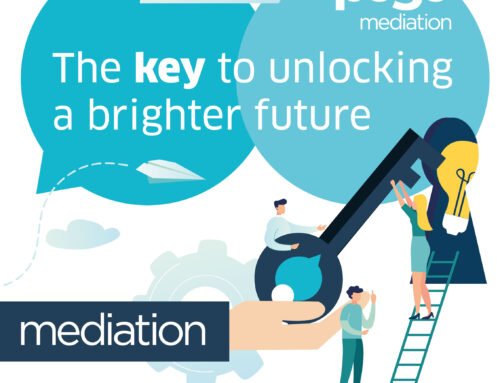Dealing with conflict in the workplace is a difficult task, but one that most managers will encounter at some point in their careers.
The Advisory, Conciliation and Arbitration Service (Acas) devotes a considerable amount of time and resources to advising on how to deal with conflict at work and to stop it from escalating to an employment tribunal claim. Mediation is a form of alternative dispute resolution that can be effective in helping to resolve a tense and difficult situation in the workplace. It involves using a trained, neutral mediator to engage with the conflicting parties and to help them work towards finding a solution that is acceptable to both sides. Mediation does not necessary need to result in a definitive solution, but is more about bringing both sides together to find a way forward.
One of the potential weakness of mediation, but also one of its strengths, is that it does not guarantee an outcome, as no binding decision is made. Instead, the mediator works with the parties to try to find a solution, but there is no guarantee that the issue will be resolved. While this can be frustrating, it may also mean that the parties to a dispute may be more willing to engage in the process if they are reassured that they will not be forced to accept an outcome with which they are not happy. Acas notes on its website that ’the overriding aim of workplace mediation is to restore and maintain the employment relationship wherever possible. This means the focus is on working together to go forward, not determining who was right or wrong in the past’






